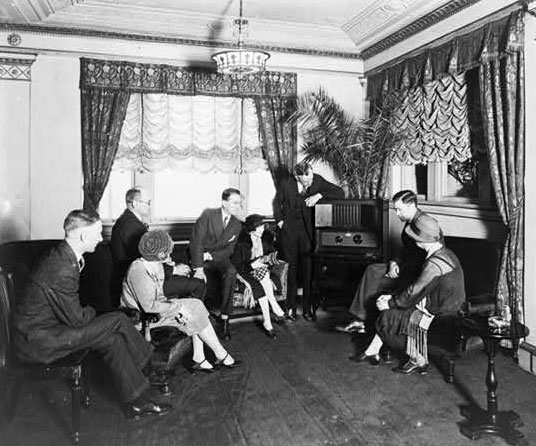
From Richard Dietsch at MMQB:
What makes a successful radio broadcast for football? “It’s all about your ability to relay the action in a timely and descriptive manner while also conveying the emotion of the game,” says Ian Eagle, who calls Thursday night football for Westwood One Radio, as well as wild-card and divisional playoff games. (Kevin Harlan is the radio voice of Monday night football and the Super Bowl.) “There is a certain ebb and flow to a radio broadcast,” Eagle adds. “But most importantly you have to ask yourself the question, ‘Are the listeners getting the information they need to follow along?’ ”
Eagle says the score, time remaining, down and distance, which team has the ball and which direction its driving is the basic framework of an NFL radio broadcast.
“Then you get into the particulars—who has the ball, who made the tackle, did the ball carrier run left or right, where are the receivers lined up pre-snap, was the play inside or outside,” says Eagle. “The next step is being more specific with your calls: Did the runner slash or stutter step? Did the pass hit the receiver in the numbers or did he catch it with his hands? What color are the uniforms? What are the weather conditions? This is often where football play-by-play announcers can separate themselves from others. In addition, you should be ready to ‘tag’ what your analyst is saying if there is something that you can add to enhance his point. But it can’t get in the way of describing the next play.”
Given that Ohio State games have had television announcers give us such gems as "Rod Jones" and "John Bosa," perhaps it is time to give radio announcers a bit of love. (I know some old-timers [hey, Dad] who like to mute the television and sync it with the radio broadcast.)
It's also a lot easier to pick-up the audio on your cellphone these days than move a television when you're out-of-pocket, and radio announcers, on average, are more refined in their skills, because they don't have the visual television provides to lean-on.